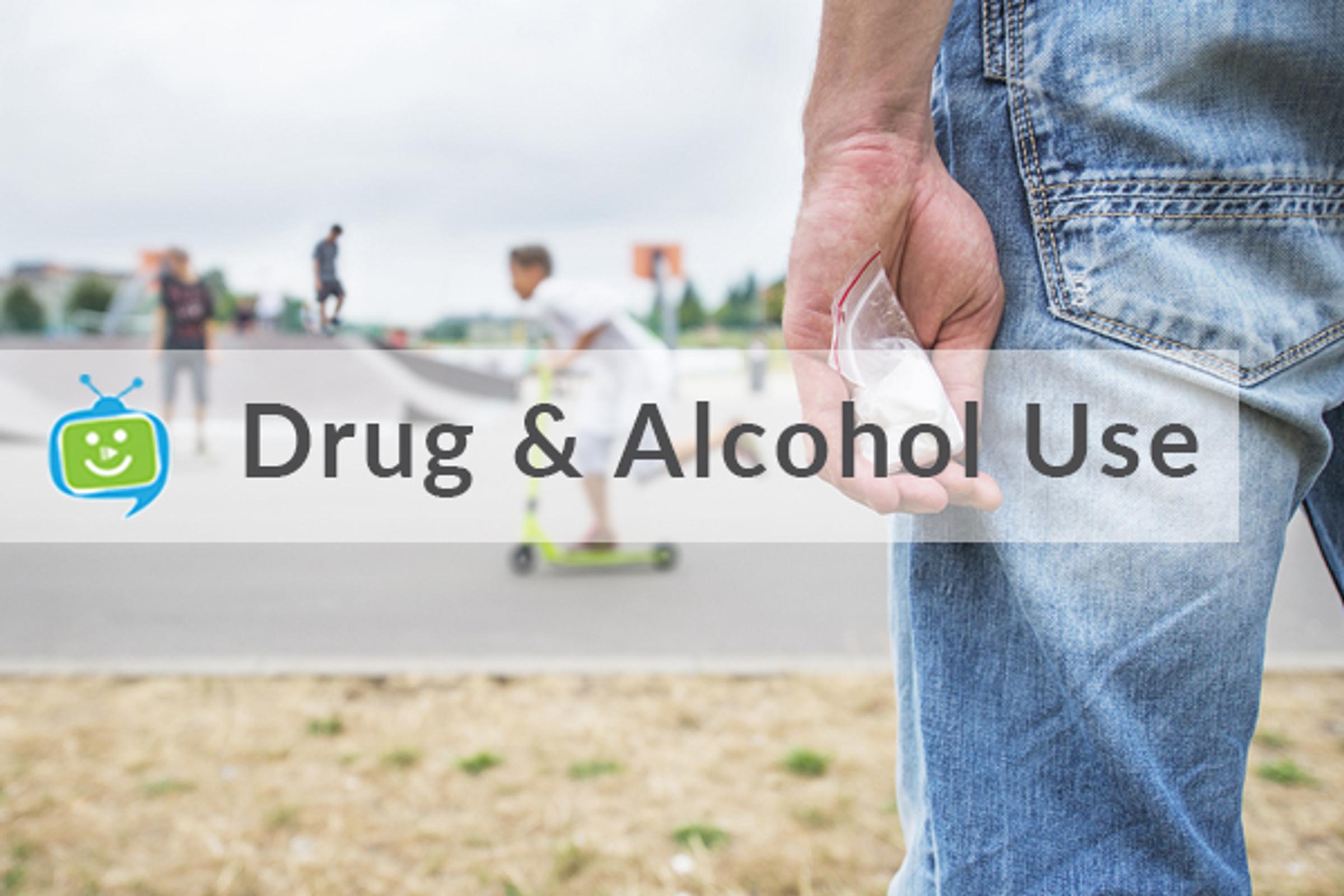SchoolTV: Drug and Alcohol Use Special Report

Many parents are concerned about the use of alcohol, as well as other drugs,as their children grow up. For kids, a one time or infrequent use of alcohol ordrugs can unfortunately result in tragedy such as unintentional injuries, homicide or even suicide. Young people who use alcohol and drugs before theirbrain is fully developed, are often at greater risk of future addiction.
Research has shown that a young person’s brain keeps developing until theyare in their mid-twenties, making alcohol more harmful than previously thought.Even the casual use of certain drugs can cause severe health problems, such as an overdose or brain damage. Parents will often feel overwhelmed whenhaving to deal with substance abuse issues. However, they are encouraged tolead by example and set behavioural boundaries for their kids.In this edition of SchoolTV parents will learn how to deal with the issuessurrounding drug and alcohol use and the impact it can have on a child’sdevelopment. Alcohol and drug use can lead to serious problems such as pooracademic performance, loss of friends, behavioural issues and even lasting legal problems.
Here is the link to the School Transitions edition of SchoolTV
https://sscc.qld.schooltv.me/newsletter/drug-alcohol-use
Sibling Relationships Special Report
Sibling relationships are often a child's first and longest-lasting social connection. These bonds can offer companionship, support and opportunities to develop important life skills such as empathy, negotiation and conflict resolution. However, like all close relationships, sibling dynamics can be complex. Differences in temperament, age, needs and parental attention can all contribute to tension or rivalry. It's not uncommon for children to compete for attention, especially during times of change or stress.
As a parent or caregiver, your role in shaping the tone of sibling relationships is vital. Creating a home environment that celebrates each child's unique strengths and avoids direct comparisons helps reduce rivalry and fosters mutual respect.
By listening without judgement, teaching emotional regulation, and supporting each child's individuality, you can create a family culture where siblings feel secure and valued. This edition of SchoolTV offers insights to support young people in developing positive, lasting sibling bonds that can remain strong well into adulthood.
Here is the link to the School Transitions edition of SchoolTV
https://sscc.qld.schooltv.me/newsletter/sibling-relationships-au

